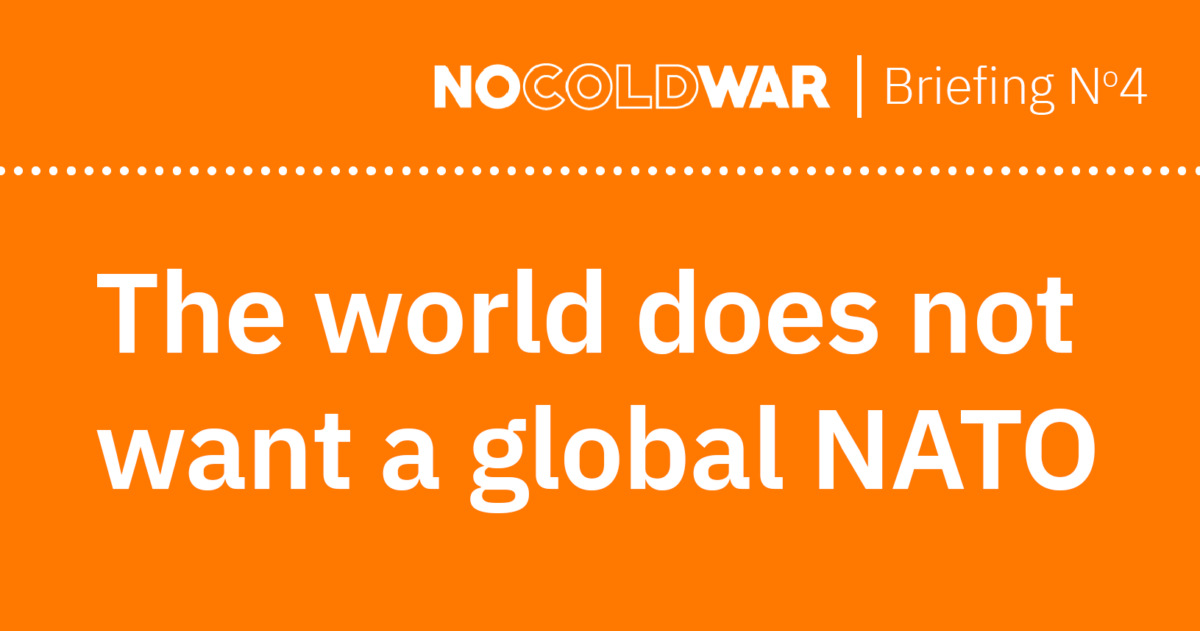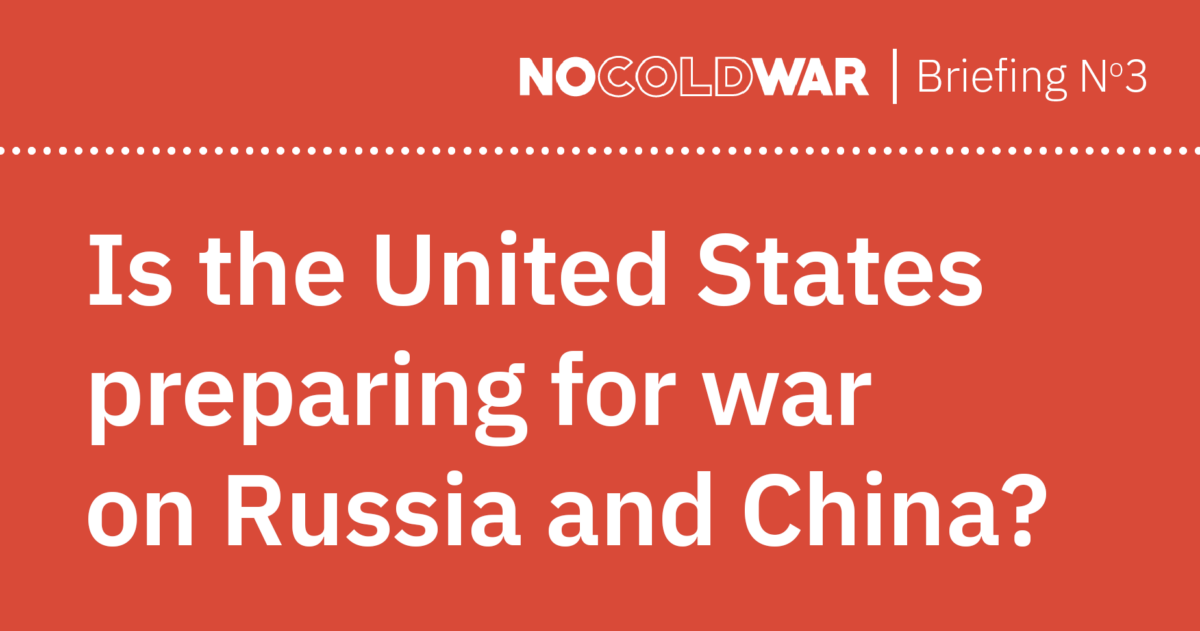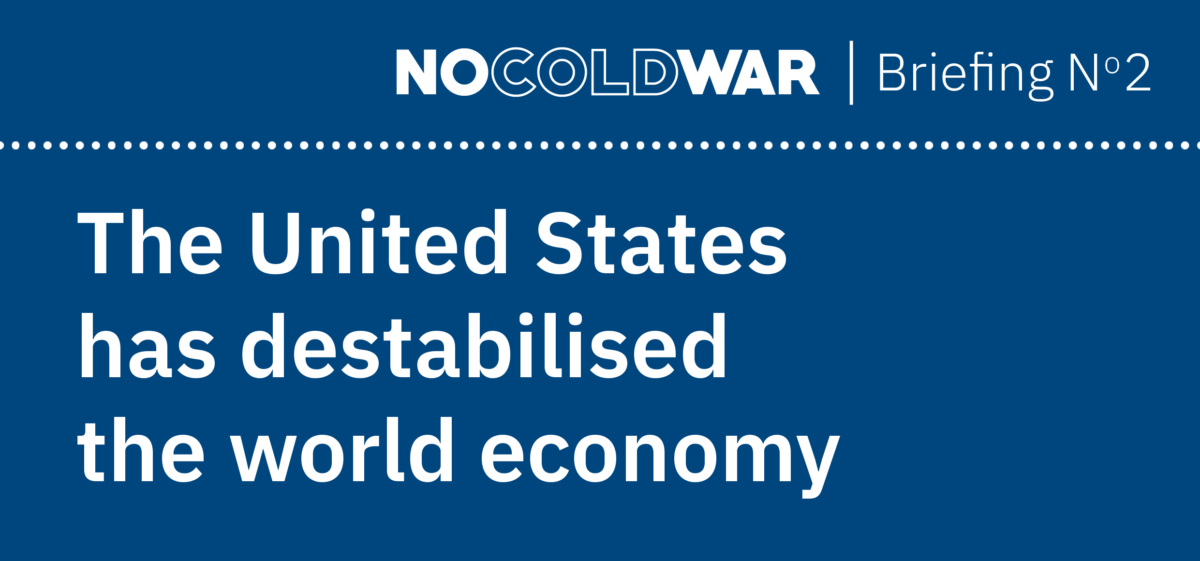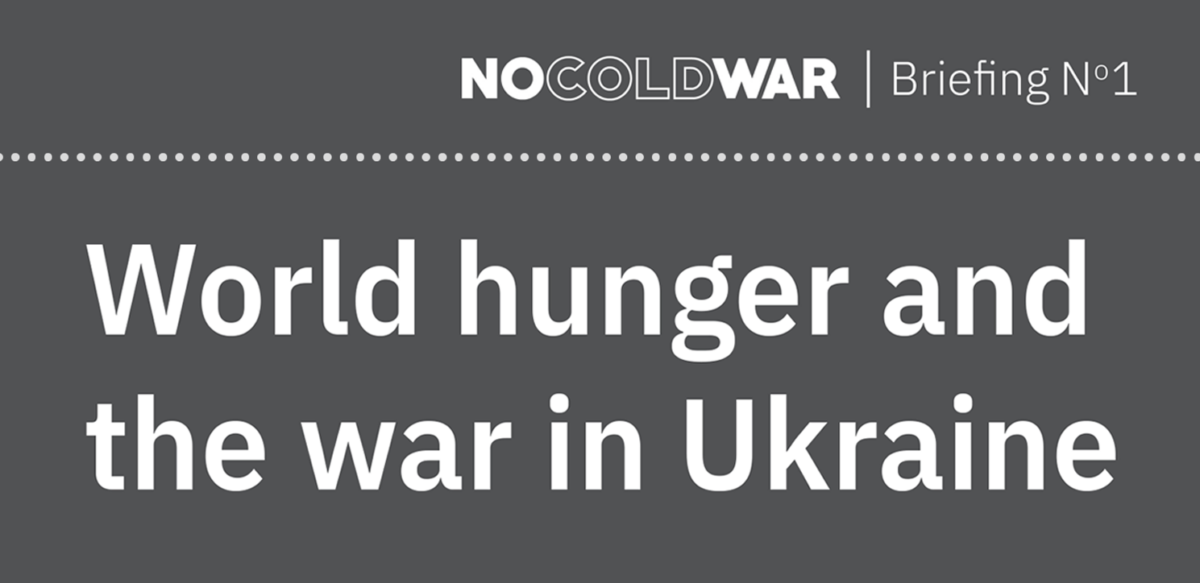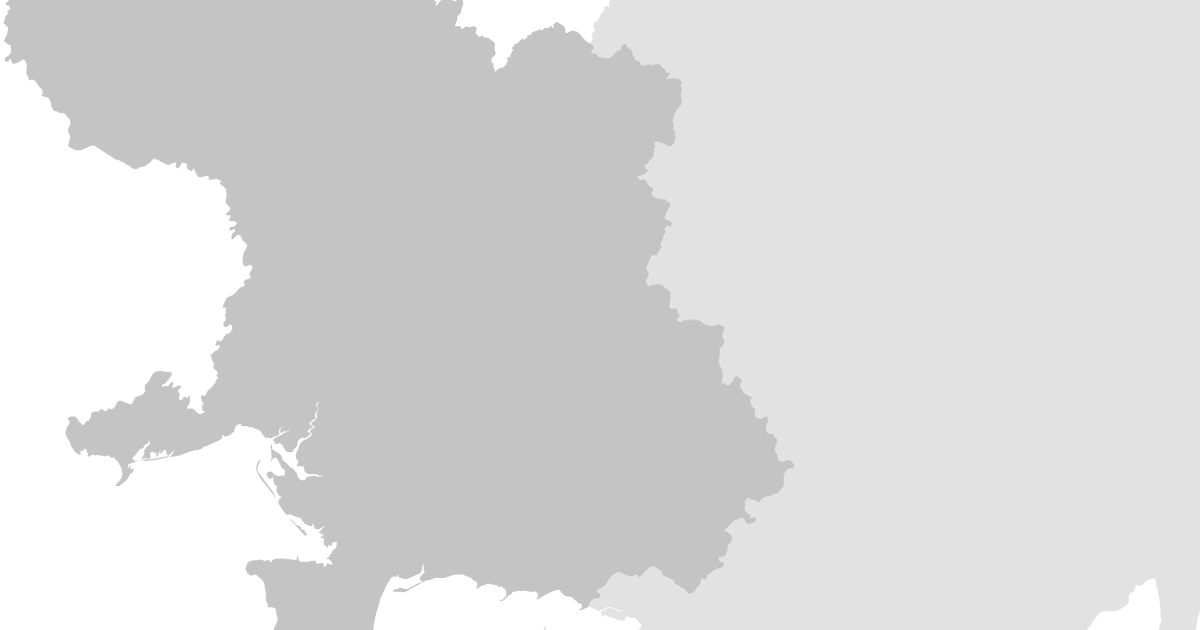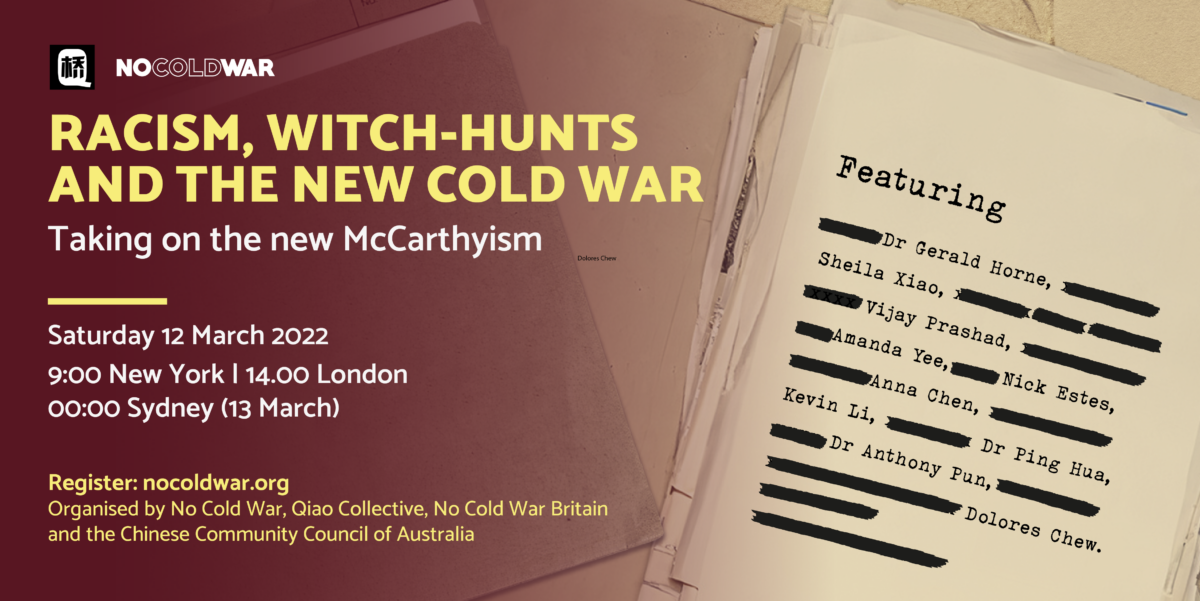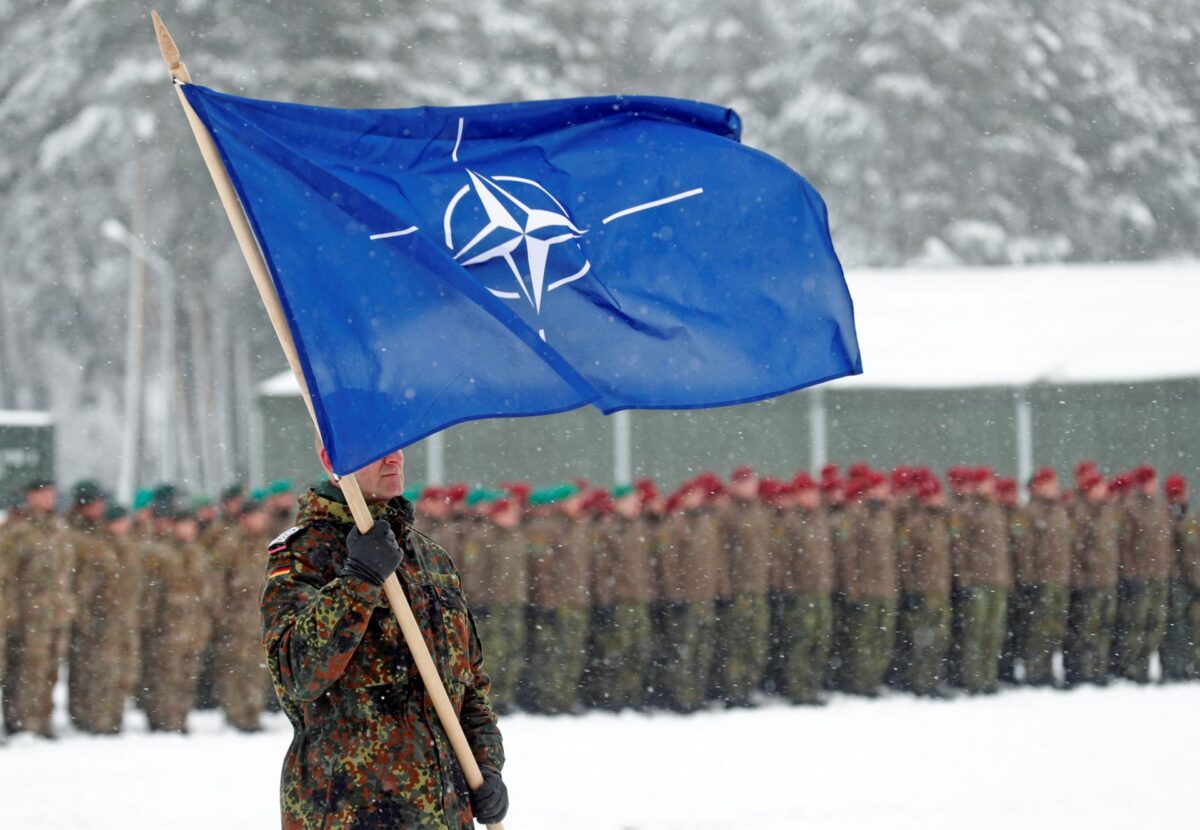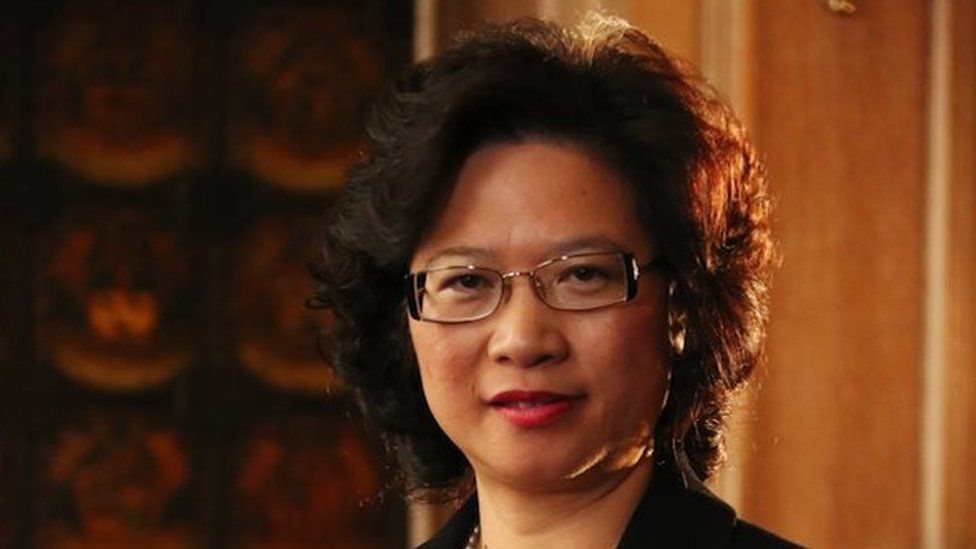The New Cold War is rapidly heating up, with severe consequences for people around the world. Our series, Briefings, provides the key facts on these matters of global concern.
 English | Español | Português
English | Español | Português
In June, member states of the North Atlantic Treaty Organisation (NATO) gathered in Madrid, Spain for their annual summit. At the meeting, NATO adopted a new Strategic Concept, which had last been updated in 2010. In it, NATO names Russia as its ‘most significant and direct threat’ and singled out China as a ‘challenge [to] our interests’. In the words of NATO Secretary General Jens Stoltenberg, this guiding document represents a ‘fundamental shift’ for the military alliance, its ‘biggest overhaul… since the Cold War’.
A Monroe Doctrine for the 21st Century?
Although NATO purports to be a ‘defensive’ alliance, this claim is contradicted by its destructive legacy – such as in Serbia (1999), Afghanistan (2001), and Libya (2011) – and its ever-expanding global footprint. At the summit, NATO made it clear that it intends to continue its global expansion to confront Russia and China. Seemingly oblivious to the immense human suffering produced by the war in Ukraine, NATO declared that its ‘enlargement has been a historic success… and contributed to peace and stability in the Euro-Atlantic area’, and extended official membership invitations to Finland and Sweden.
However, NATO’s sights extend far beyond the ‘Euro-Atlantic’ to the Global South. Seeking to gain a foothold in Asia, NATO welcomed Japan, South Korea, Australia, and New Zealand as summit participants for the first time and stated that ‘the Indo-Pacific is important for NATO’. On top of this, echoing the Monroe Doctrine (1823) of two hundred years ago, the Strategic Concept named ‘Africa and the Middle East’ as ‘NATO’s southern neighbourhood’, and Stoltenberg made an ominous reference to ‘Russia and China’s increasing influence in [the Alliance’s] southern neighbourhood’ as presenting a ‘challenge’.
85% of the World Seeks Peace
Although NATO’s member states may believe that they possess global authority, the overwhelming majority of the world does not. The international response to the war in Ukraine indicates that a stark divide exists between the United States and its closest allies on the one hand and the Global South on the other.
Governments representing 6.7 billion people – 85% of the world’s population – have refused to follow sanctions imposed by the US and its allies against Russia, while countries representing only 15% of the world’s population have followed these measures. According to Reuters, the only non-Western governments to have enacted sanctions on Russia are Japan, South Korea, the Bahamas, and Taiwan – all of which host US military bases or personnel.
There is even less support for the push to close airspace to Russian planes spearheaded by the US and European Union. Governments representing only 12% of the world’s population have adopted this policy, while 88% have not.
US-led efforts to politically isolate Russia on the international stage have been unsuccessful. In March, the UN General Assembly voted on a nonbinding resolution to condemn Russia’s invasion of Ukraine: 141 countries voted in favour, 5 countries voted against, 35 countries abstained, and 12 countries were absent. However, this tally does not tell the full story. The countries which either voted against the resolution, abstained, or were absent represent 59% of the world’s population. Following this, the Biden administration’s call for Russia to be excluded from the G20 summit in Indonesia was ignored.
Meanwhile, despite intense backing from NATO, efforts to win support for Ukraine in the Global South have been a complete failure. On 20 June, after several requests, Ukrainian President Volodymyr Zelensky addressed the African Union; only two heads of state of the continental organisation’s 55 members attended the meeting. Shortly thereafter, Zelensky’s request to address the Latin American trade bloc, Mercosur, was rejected.
It is clear that NATO’s claim to be ‘a bulwark of the rules-based international order’ is not a view which is shared by most of the world. Support for the military alliance’s policies is almost entirely confined to its member countries and a handful of allies which together constitute a small minority of the world’s population. Most of the world’s population rejects NATO’s policies and global aspirations and does not wish to divide the international community into outdated Cold War blocs.
